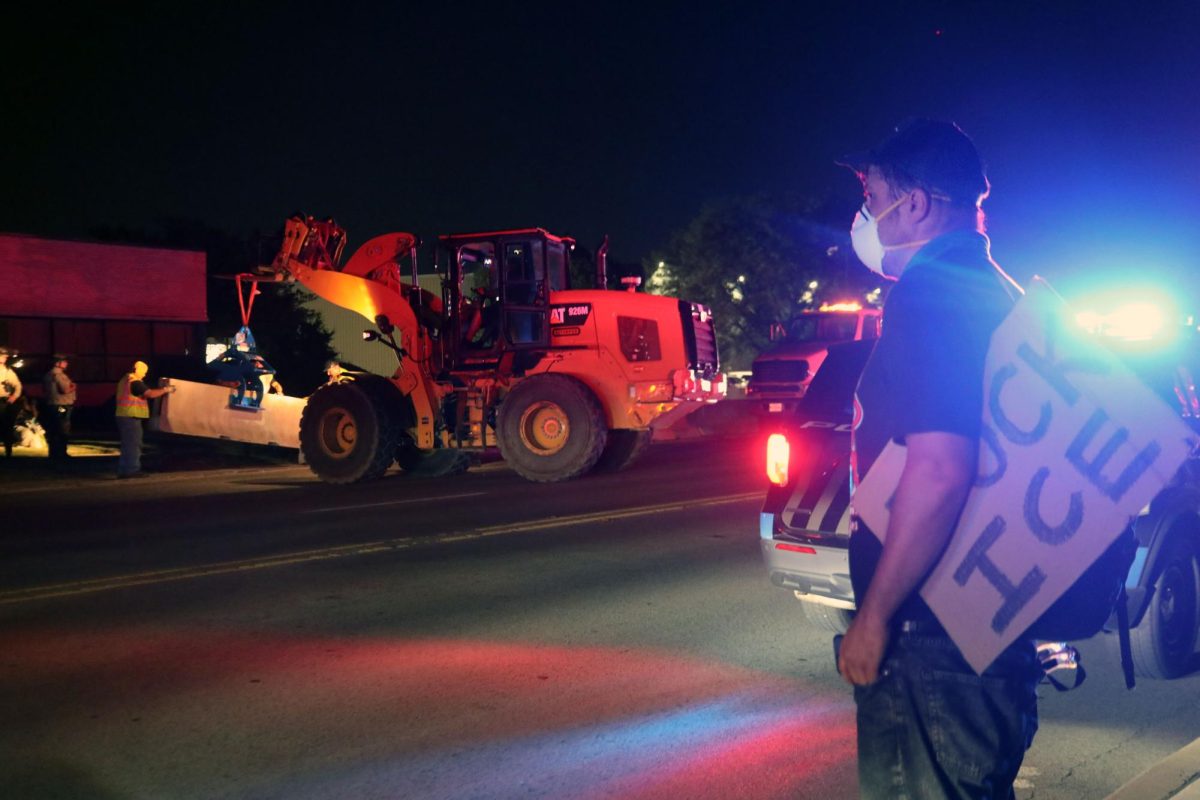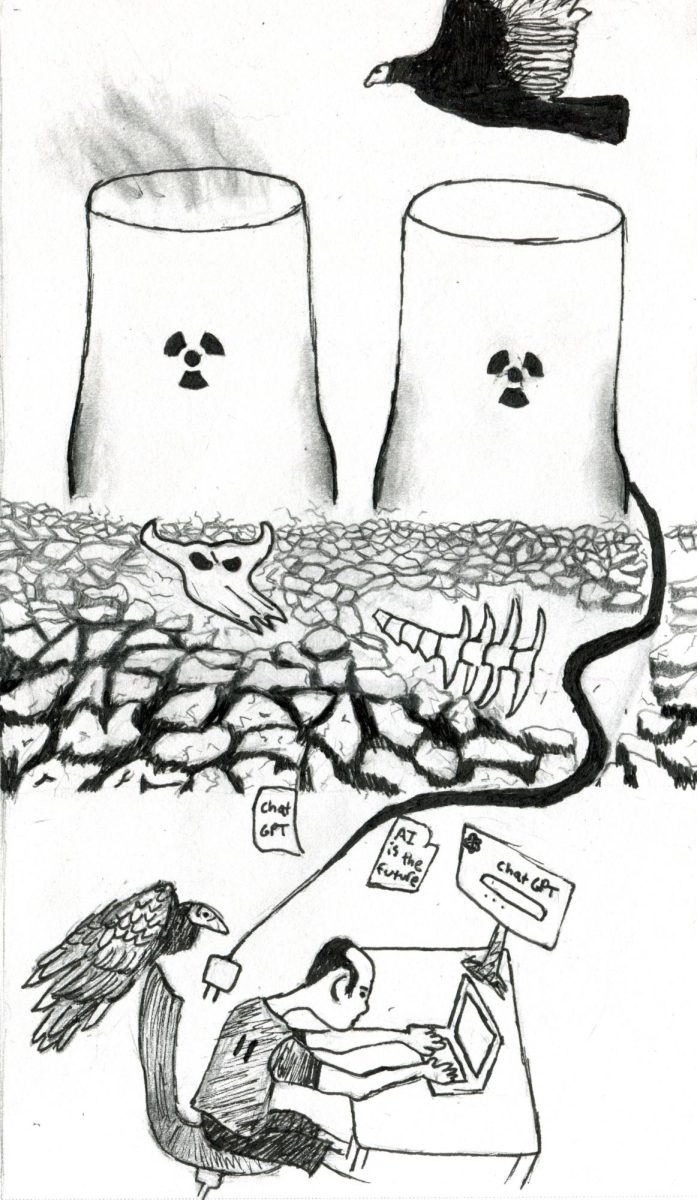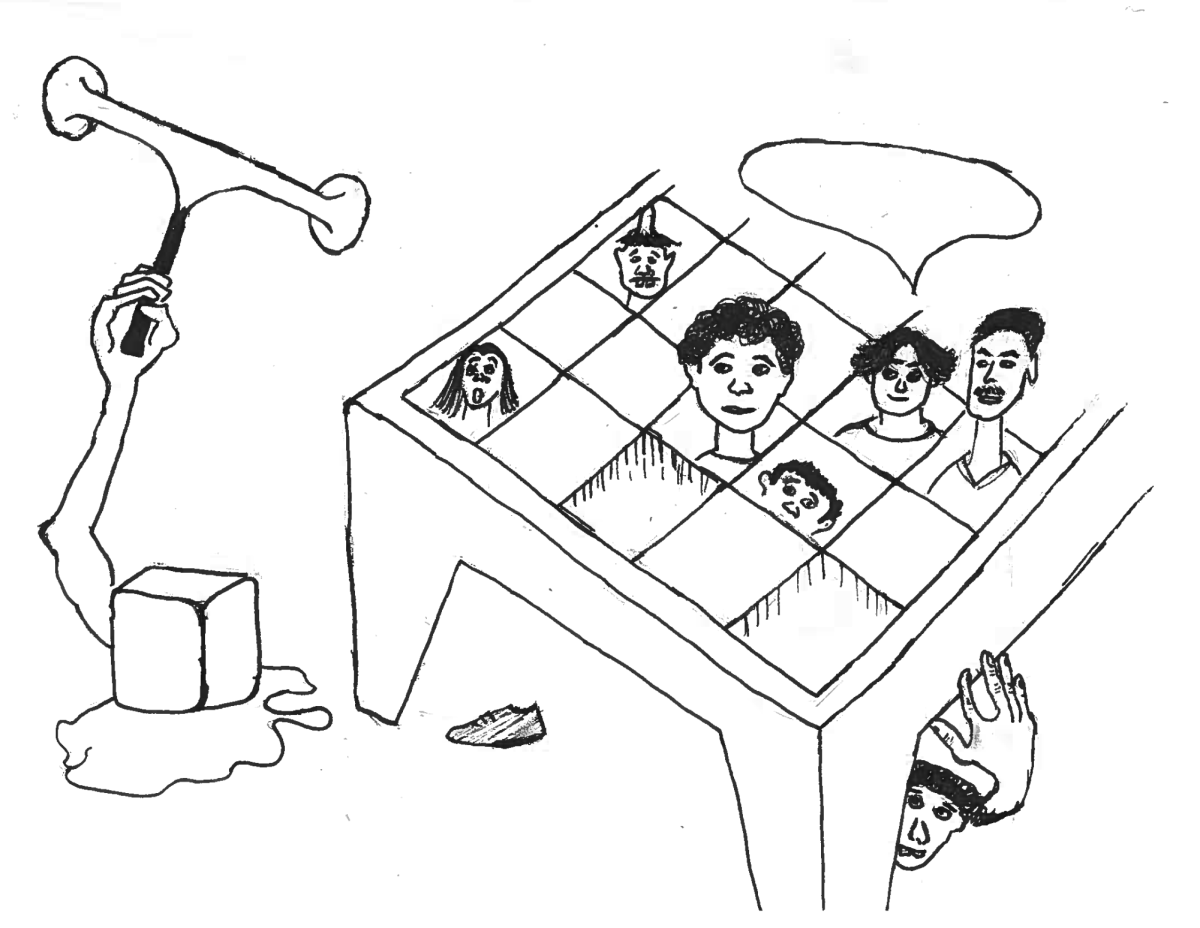Once every four years, every citizen in the United States is granted the remarkable, democratic privilege of deciding which qualified candidate will best represent their ideals for a perfect country. Only one problem—chances are, if you pick the one you actually want, your vote may have simply been wasted. In a system built on “this or that” and “would you rather,” we are presented with an illusion of choice in a society that requires political conformity in order to stand out.
Voting for a third party candidate is often hailed as being a self destructive option for voters to take. Since our political system is set on having two parties which hold opposing beliefs, any candidate that fits neither bill is usually cast off as being irrelevant or too unpredictable to trust in office. While this sentiment is by no means necessarily true, the results this assumption has on society are unmissable.
There is a clear herd mentality that bases itself on which end of the political spectrum you lie. Based on immediate tell tale signs and early polling, both parties usually can accurately identify which of their primary candidates will win the nomination. As opposed to having the freedom to vote for the person who most accurately represents your own belief system, it is generally expected of voters to settle for their most likely candidate to prevent the opposing side from winning. This only furthers the polarization that is prevalent in our political system.
Along with this, the two-party system immediately ousts any self-identifying third party candidate from holding a stake in the presidential race. Since the creation of the Democratic and Republican party, no third party candidate has ever held office in the United States. The biggest stake a third party candidate has ever had in an election is swaying the result from one party to another.
As of the current 2024 election, many Democrats are concerned about leftists voting for a third party candidate on the basis that these votes will make a much tighter race between candidates Joe Biden (Democrat) and Donald Trump (Republican) who have been getting the most primary votes from each respective party. On the contrary, multiple Republican candidates with a decent hand in the presidential race have dropped out, endorsing Trump instead. This pushes their voter base to his, increasing his chances at winning the election.
The two-party system has caused such an inhibitory divide in American politics that people would rather vote for someone they don’t believe in than let the other side win. It has halted nearly all media attention from potentially strong candidates who refuse to align themselves with either party. It has promoted a willful ignorance of specific issues under the guise of which belief is held by each party. It has turned the political climate of the United States as a whole into a game of manipulation, provocation, and class divisions.
As America’s next generation of voters, we are at the center of a fight that is impossible to win. The lesser of two evils can not be the answer forever, and neither can the two-party system.
























![Movie poster for '[Rec]" (2007).](https://www.lionnewspaper.com/wp-content/uploads/2023/04/rec-640x900.jpg)


